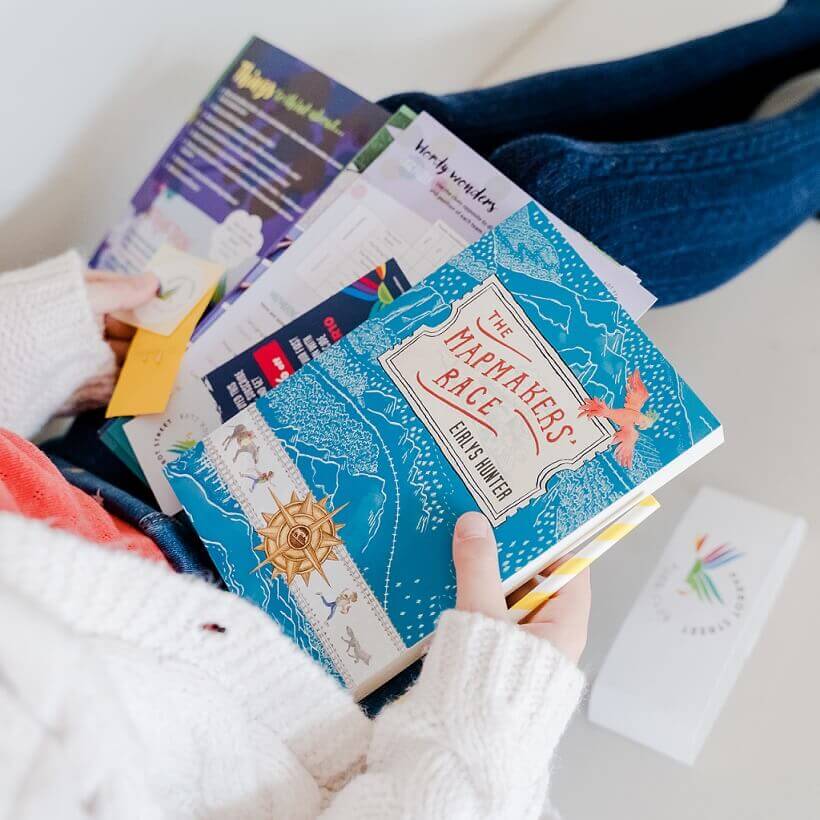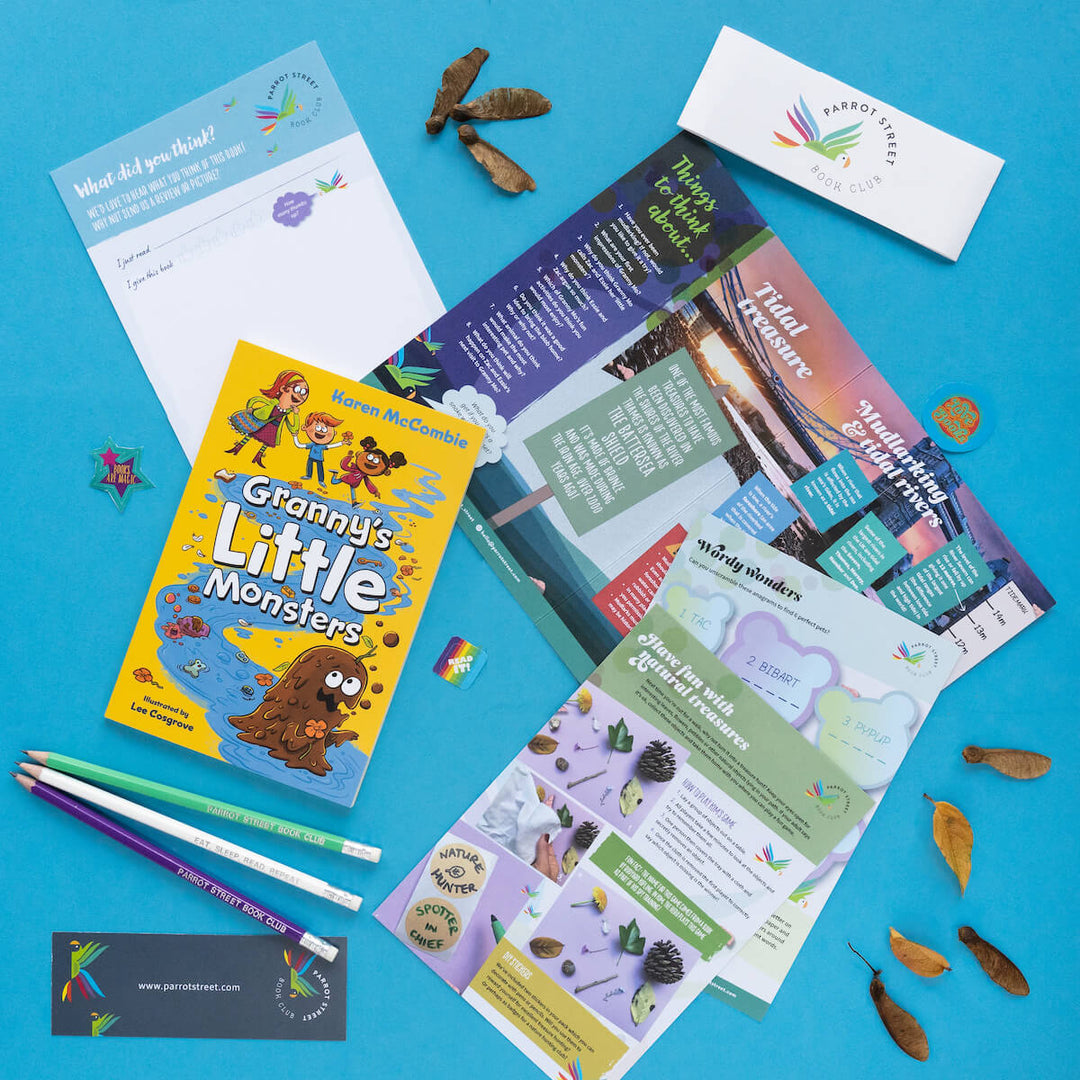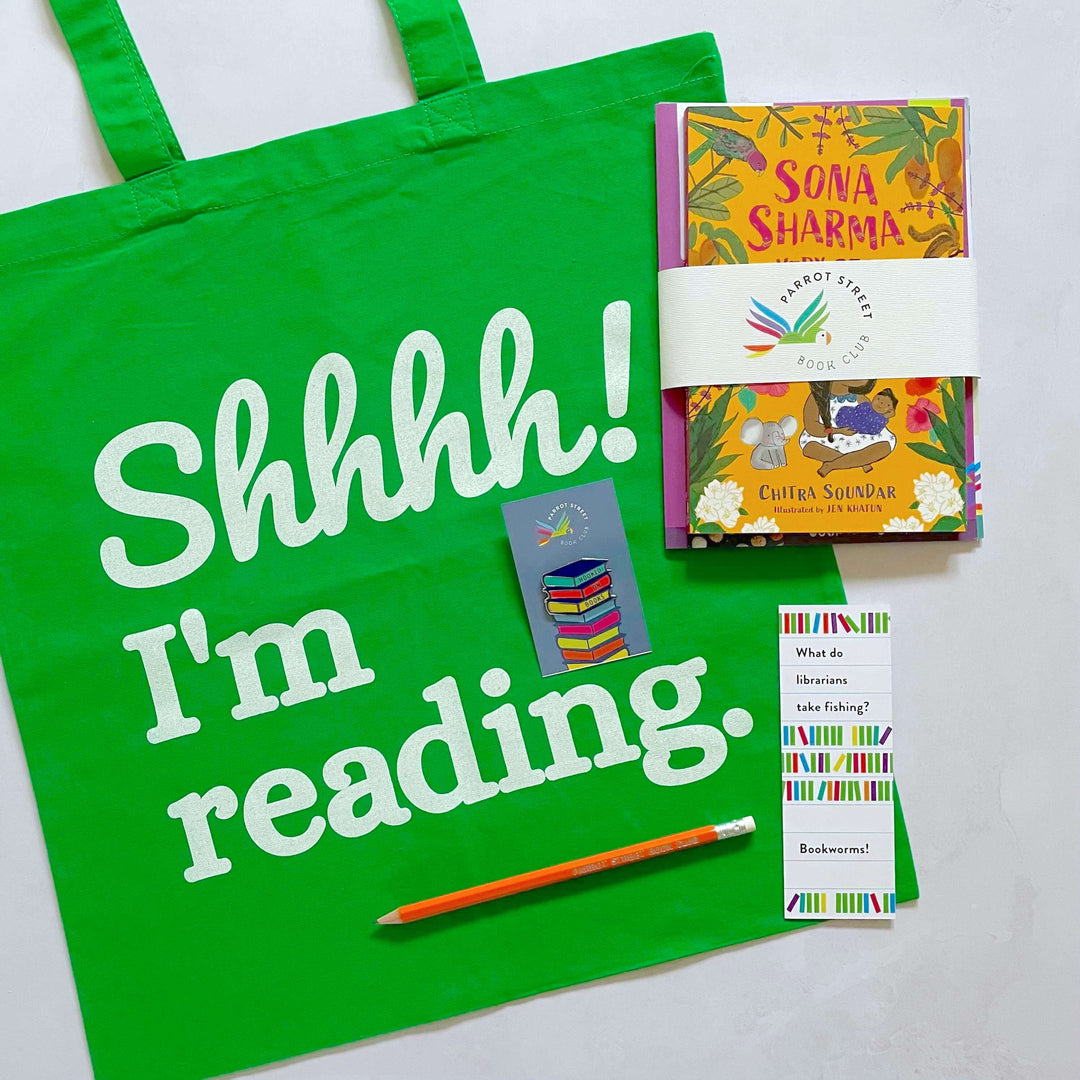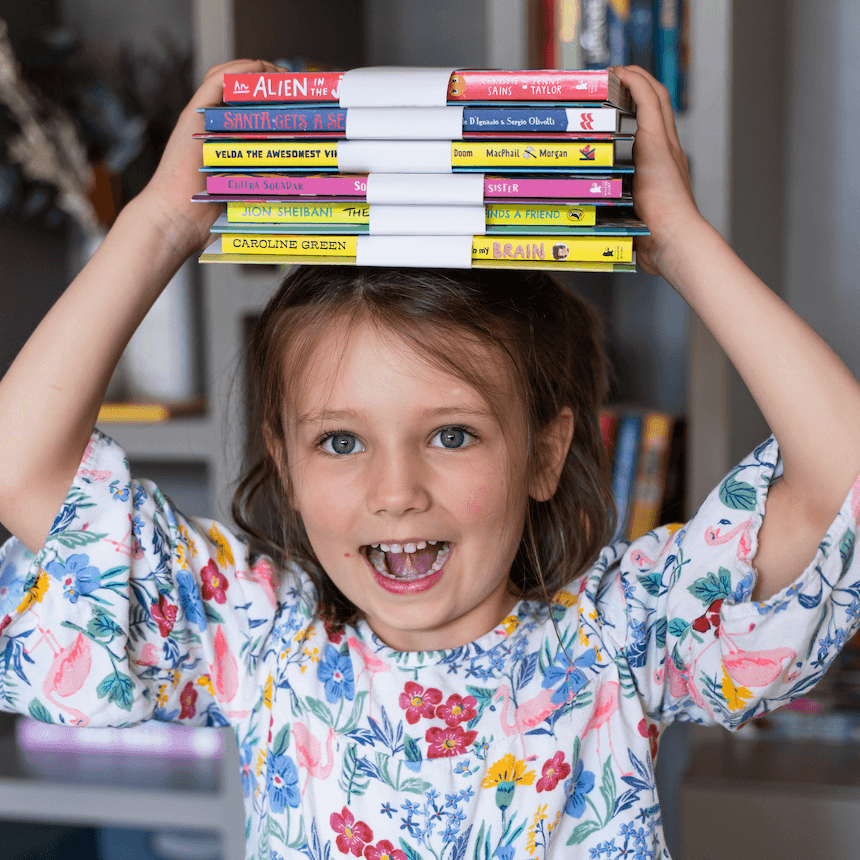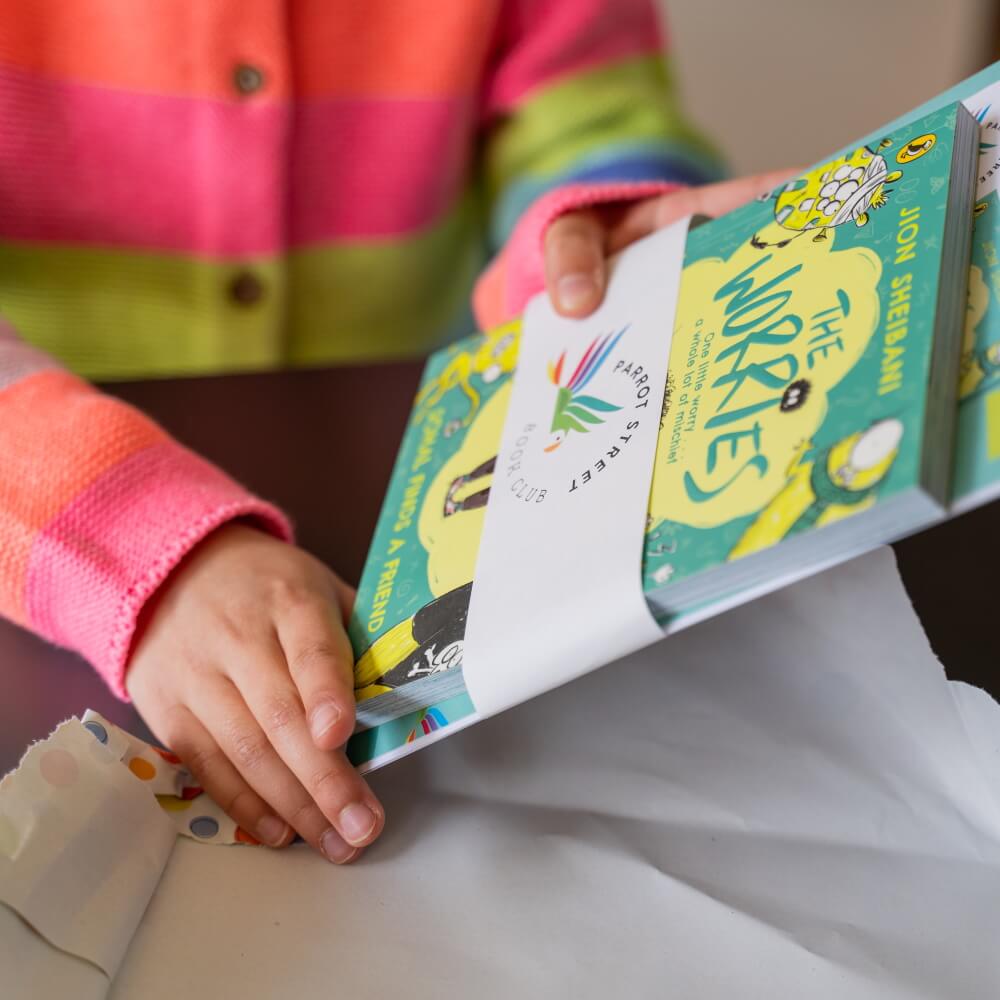The reading habit: a recipe for health and happiness?

There’s a lot of focus at this time of year on building healthy habits for both body and mind. Resolutions are made, journals are started and self-help books stacked on that #TBR pile. The pressure for self-improvement is huge.
All this introspection has got us thinking about the aspirations we have for our children too. You’ll be hard-pushed to find a parent that doesn’t want their child to be happy and healthy. Combining instinct with advice, we’re constantly striving to give our children the best possible start in life. Do they have a growth mindset? Are we modelling appropriate behaviour? Should I worry that they can’t seem to delay gratification and would surely fail the marshmallow test? And on, and on and on it goes!
What if I told you that there was one simple and enjoyable habit that could significantly impact your child’s happiness and wellbeing? And even better, that you’re probably already doing it?
It’s reading. Studies show that reading has important physical and emotional benefits, as well as the intellectual ones you may imagine. Recent research conducted by the National Literacy Trust concluded that “children and young people who enjoy reading very much and who think positively about reading have, on average, higher mental wellbeing scores than their peers who don’t enjoy reading at all and who hold negative attitudes towards reading”.
Why is this? The link between reading and happiness is not yet fully understood but possible explanations include:
Tech-free time-out
Reading a book allows our minds to focus on a single task in a way that our busy digital lives do not. It’s a chance to relax and unwind. An interesting study conducted at the University of Sussex showed that reading for just 6 minutes led to slower heart rate, less muscle tension and reduced stress levels.
Improved emotional literacy
Reading broadens children’s vocabulary, which in turn gives them the language to better express how they are feeling and explore their emotions in a healthy way. Being able to express yourself well can also build confidence.
Enhanced empathy
Through books we can experience what it is like to be a different gender, from a different culture – or just what it is like to be someone other than ourselves. Navigating the complexities of social interaction can be much easier when you’re able to understand other perspectives.
Open discussion
Reading together, even once children are able to read independently, can offer the opportunity to discuss key issues that may be affecting them. It also fosters closeness, empathy and listening skills in children and adults alike.
Given the increasing digital distractions our children are faced with, we’re passionate about doing whatever we can to foster our children’s love of reading. For ideas on how to encourage a lifelong love of reading, check out our recent post. You may also want to consider joining in with our 2019 reading challenge!
Find out more about our subscriptions, which have been designed to nurture a love of reading in children aged 5-14, here.
JOIN OUR EMAIL LIST
Children's book news straight to your inbox
We love sharing product updates, book recommendations, children's activity ideas and special offers via email.





